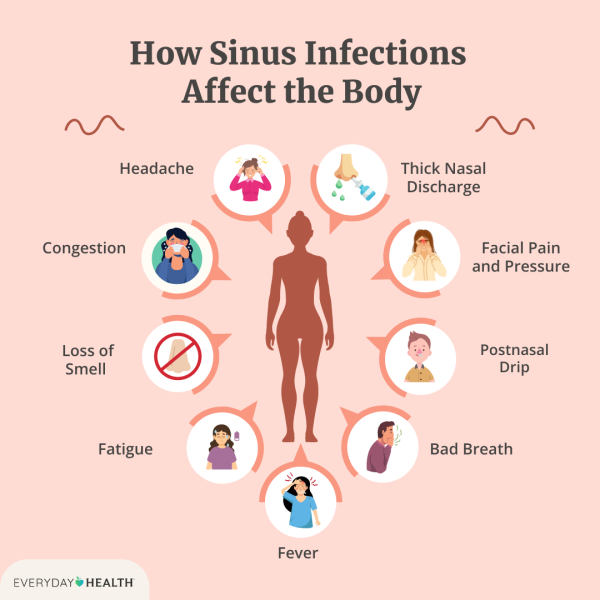| Sinus infections, or sinusitis, can cause significant discomfort. While antibiotics are sometimes necessary to treat bacterial infections, it’s crucial to understand when they are appropriate and when alternative treatments might be more effective. Many sinusitis cases are caused by viruses, against which antibiotics have no effect. 
When Antibiotics Might Be ConsideredAntibiotics are generally considered when sinusitis is suspected to be bacterial. Several factors suggest a bacterial infection: - Prolonged Symptoms: Symptoms persist for longer than 10-14 days without improvement.
- Severe Symptoms: High fever, intense facial pain, and thick, discolored nasal discharge are present.
- Worsening Symptoms: Symptoms initially improve but then worsen again.
- Complicated Sinusitis: The infection spreads beyond the sinuses to the eyes, brain, or surrounding tissues.
- Immunocompromised Individuals: Those with weakened immune systems are more vulnerable to complications.
A doctor will typically diagnose bacterial sinusitis based on these symptoms, duration, and, in some cases, imaging studies such as X-rays or CT scans. Types of Antibiotics UsedThe choice of antibiotic for sinusitis depends on several factors: - Suspected Bacteria: While not always necessary, doctors may perform testing to identify the specific bacteria causing the infection.
- Antibiotic Resistance: Due to increasing antibiotic resistance, doctors must consider local resistance patterns when selecting an antibiotic.
- Patient Factors: Allergies, medical history, and current medications all influence the antibiotic choice.
Commonly prescribed antibiotics include amoxicillin, amoxicillin-clavulanate (Augmentin), and others, depending on the individual case. Alternatives to AntibioticsWhen sinusitis is viral or antibiotics are not deemed necessary, alternative treatments can effectively manage symptoms: - Saline Nasal Sprays: These rinse the nasal passages, thinning mucus and relieving congestion.
- Decongestants (Oral or Nasal): Decongestants offer temporary relief from congestion, but should be used cautiously and for a limited time.
- Over-the-Counter Pain Relievers: Acetaminophen (Tylenol) or ibuprofen (Advil, Motrin) can alleviate pain and fever.
- Humidifiers: Adding moisture to the air helps thin mucus.
- Nasal Corticosteroids: These nasal sprays reduce inflammation and may require a doctor's prescription.
Important ConsiderationsSeveral factors should be considered when dealing with sinus infections and antibiotic use: - Antibiotic Resistance: Overusing antibiotics contributes to antibiotic resistance, diminishing their effectiveness against future infections. Therefore, it's crucial to use antibiotics only when truly necessary.
- Doctor's Guidance: Self-treating a sinus infection is not recommended. Always consult a doctor for proper diagnosis and treatment. They can determine the cause of your symptoms and recommend the most appropriate course of action.
- Complete the Course: If antibiotics are prescribed, completing the entire course is essential, even if symptoms improve before finishing. Stopping early can lead to recurring infections and antibiotic resistance.
Disclaimer: This information is for educational purposes only and does not constitute medical advice. Always consult with a healthcare professional for any health concerns or before making any decisions related to your health or treatment.
Tags: Antibiotics Bad Breath Bbacterial Infection Congestion Facial Pain and Pressure Fatigue Fever Headache Loss of Smell Postnasal Drip Sinus Infection Symptions Sinus Infections Sinusitis Thick Nasal Discharge  
|  1,556
1,556  0
0  0
0  3350
3350 